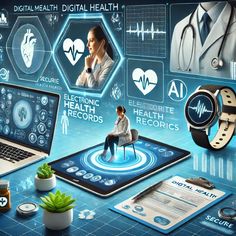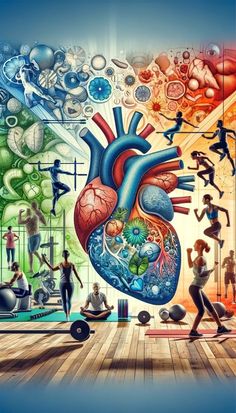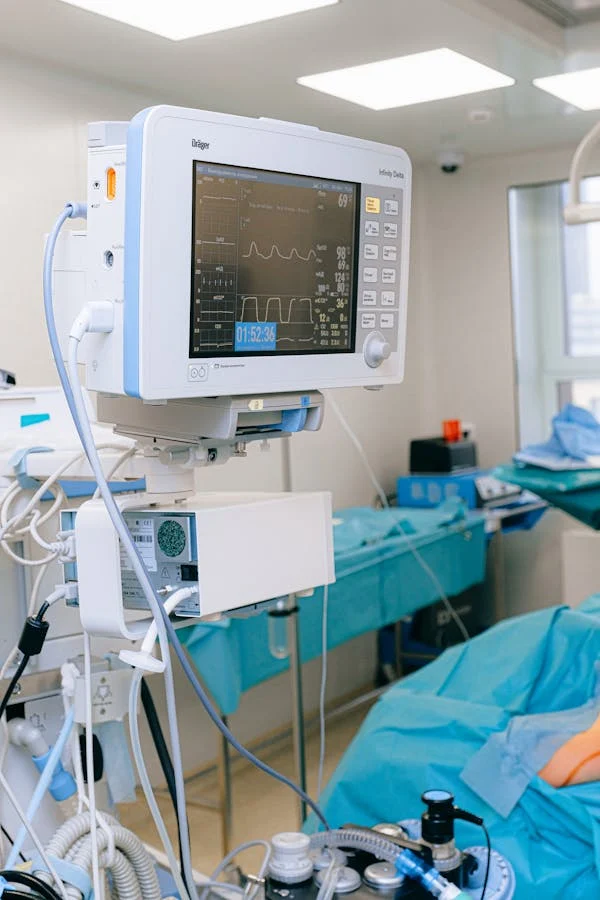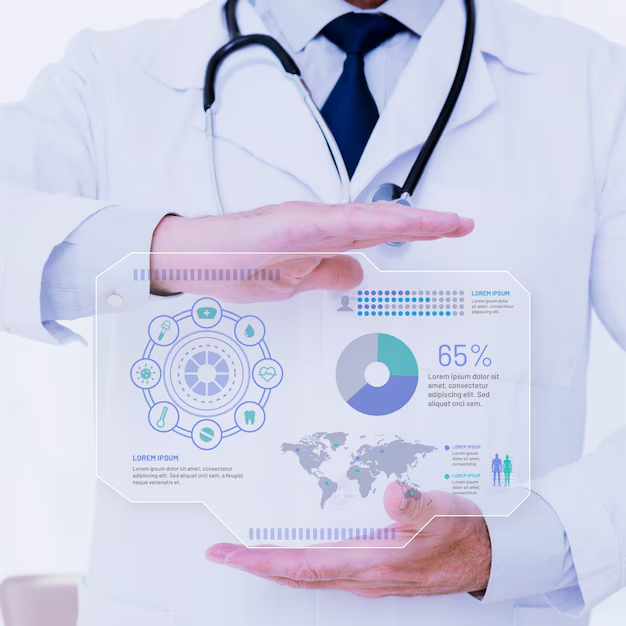
Introduction
Wearable technology is reshaping the health and wellness industry, offering users unparalleled insights into their physical and mental well-being. From fitness trackers to smartwatches, wearable devices have become essential tools for anyone seeking to live a healthier life. Let’s explore how wearable technology benefits health and transforms how we monitor, manage, and enhance our well-being.
What is Wearable Technology?
Wearable technology refers to smart electronic devices worn on the body that collect and analyze data. These gadgets are designed to track a range of metrics, including heart rate, physical activity, sleep patterns, and even stress levels. With real-time monitoring and advanced analytics, wearables provide users with actionable health insights.

Key Benefits of Wearable Technology in Health
1. Enhanced Fitness Monitoring
Wearable devices like fitness trackers and smartwatches are equipped with sensors that measure steps taken, calories burned, and distance traveled. They provide personalized feedback to help users achieve their fitness goals.
- Goal Tracking: Wearables set fitness targets and monitor progress, making it easier for users to stay motivated.
- Customized Workouts: Based on collected data, many devices recommend exercise routines tailored to individual needs.
2. Improved Heart Health Monitoring
One of the most significant advancements in wearable tech is heart rate monitoring. Devices can detect irregularities, such as arrhythmias, and alert users to seek medical attention.

- Continuous Monitoring: Wearables provide 24/7 heart rate tracking, offering insights into resting heart rates and exercise intensity.
- Early Detection of Issues: Some devices include electrocardiogram (ECG) features that detect early signs of heart problems.
3. Better Sleep Quality Analysis
Sleep tracking is a crucial feature of many wearables, helping users understand their sleep patterns and make adjustments for better rest.
- Sleep Stages: Devices measure light, deep, and REM sleep, providing a detailed sleep profile.
- Recommendations: Based on sleep data, users receive suggestions to improve sleep quality, such as bedtime routines or adjustments to activity levels.
4. Stress and Mental Health Management
Modern wearables include features that monitor stress levels and promote mental well-being.
- Stress Tracking: Devices analyze heart rate variability (HRV) to gauge stress levels.
- Mindfulness Practices: Many wearables guide users through breathing exercises or mindfulness techniques to manage stress effectively.
5. Chronic Disease Management
Wearable technology plays a vital role in managing chronic conditions like diabetes and hypertension.
- Glucose Monitoring: Smart patches and wearable glucose monitors provide real-time blood sugar readings for diabetic patients.
- Blood Pressure Tracking: Devices with blood pressure monitoring help users keep hypertension under control.

6. Encouragement for Physical Activity
Wearables encourage users to stay active by sending reminders to move and tracking daily physical activity.
- Inactivity Alerts: Devices notify users when they’ve been sedentary for too long.
- Step Challenges: Gamified features, such as step challenges, make fitness fun and engaging.
How Wearables Benefit Healthcare Providers
Remote Patient Monitoring
Wearable devices enable healthcare providers to monitor patients remotely, reducing the need for frequent in-person visits. This is particularly beneficial for managing post-surgical recovery and chronic illnesses.
Data-Driven Decisions
The data collected by wearables helps doctors make informed decisions about treatment plans. Real-time health insights ensure timely interventions and improved outcomes.

Popular Wearable Devices in Health
- Fitness Trackers: Devices like Fitbit and Garmin are ideal for tracking physical activity.
- Smartwatches: Apple Watch and Samsung Galaxy Watch combine fitness features with smartphone integration.
- Medical Wearables: Devices such as continuous glucose monitors (CGMs) and ECG-enabled wearables cater to specific health needs.
Challenges of Wearable Technology in Health
Despite its advantages, wearable tech faces challenges such as data privacy concerns and device accuracy.
- Privacy Issues: Wearables collect sensitive health data, raising concerns about data security and unauthorized access.
- Accuracy Concerns: Some devices may not provide 100% accurate readings, which could lead to misinterpretation.
- Cost Barriers: High-end wearables can be expensive, limiting accessibility for some users.

The Future of Wearable Technology in Health
As technology advances, wearable devices are expected to become even more sophisticated. Future trends include:
- Integration with AI: Artificial intelligence will enhance data analysis and provide more precise health recommendations.
- Expanded Health Metrics: Devices will monitor a broader range of health parameters, including hydration and nutrient levels.
- Affordable Solutions: As wearable tech becomes more mainstream, costs are expected to decrease, making these devices accessible to a wider audience.
Conclusion
Wearable technology has revolutionized health and wellness by empowering individuals to take charge of their well-being. From tracking fitness goals to managing chronic diseases, these devices offer countless benefits that enhance overall health. As technology continues to evolve, wearable tech promises to deliver even greater value to users and healthcare providers alike.
FAQs
- Can wearable devices replace regular health check-ups?
No, while wearables provide valuable insights, they should complement regular medical check-ups, not replace them. - Are wearables suitable for all age groups?
Yes, wearable devices cater to various needs and are suitable for children, adults, and seniors. - How accurate are wearable devices?
Most wearables provide reasonably accurate data, but they are not a substitute for professional medical equipment. - What are the costs of wearable devices?
Prices range from $50 for basic fitness trackers to $500 or more for advanced smartwatches with medical-grade features. - Do wearable devices require a smartphone?
Many wearables sync with smartphones for data analysis and app integration, though some offer standalone functionality.


